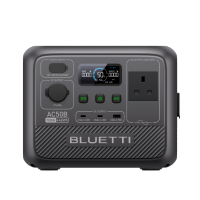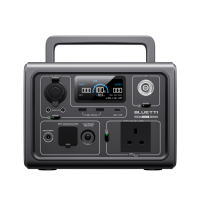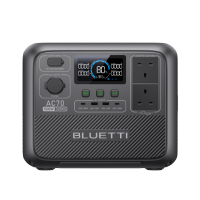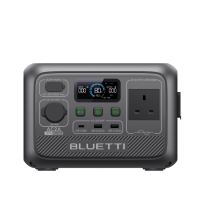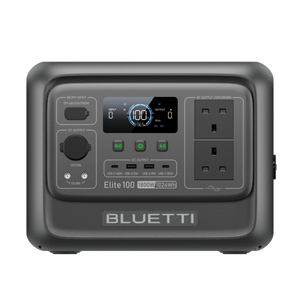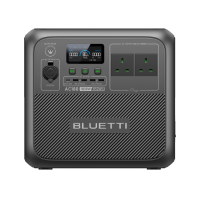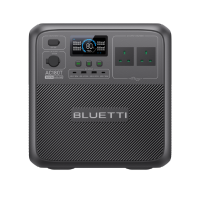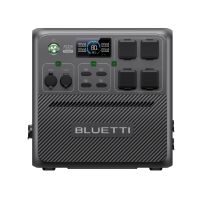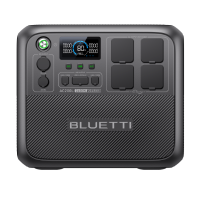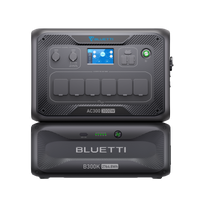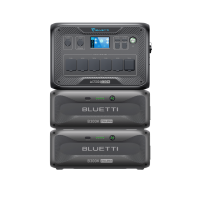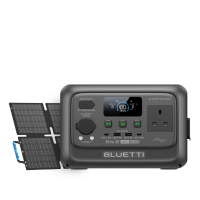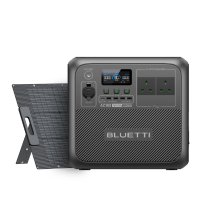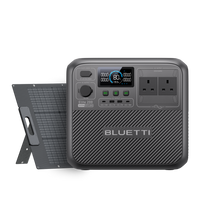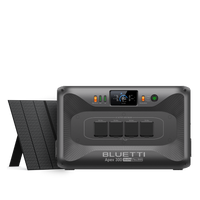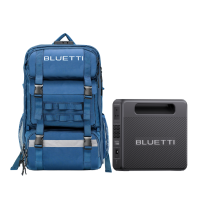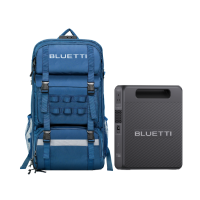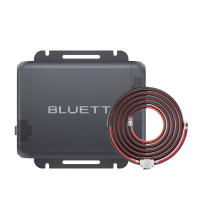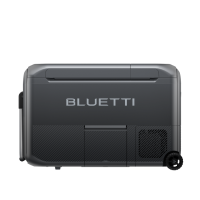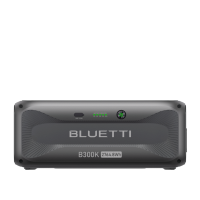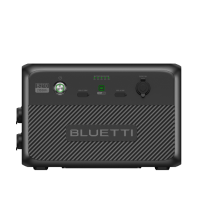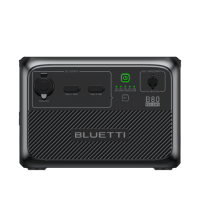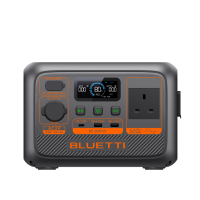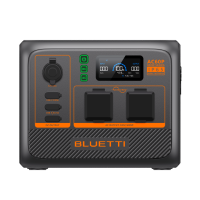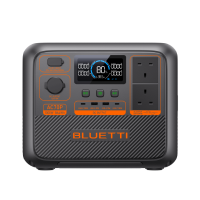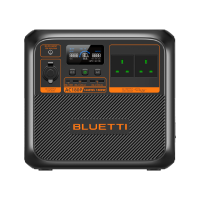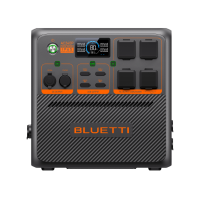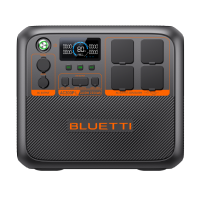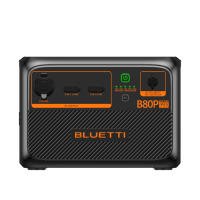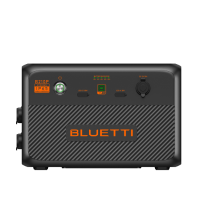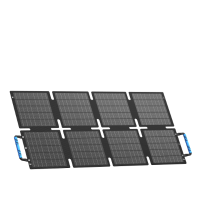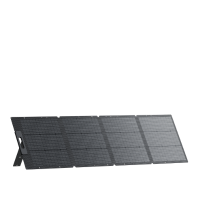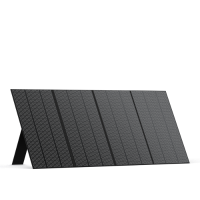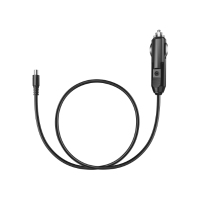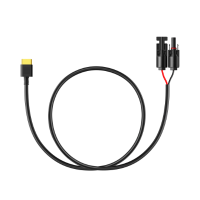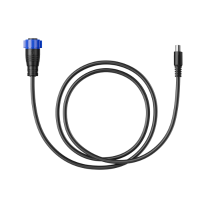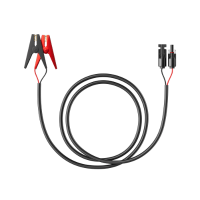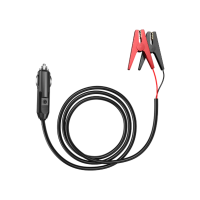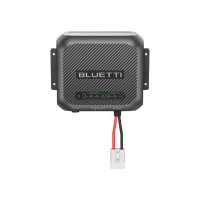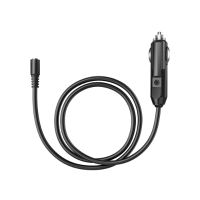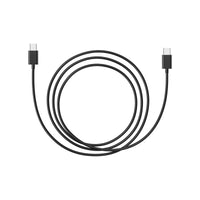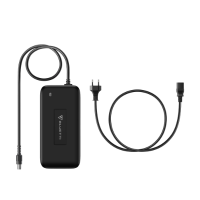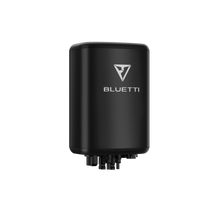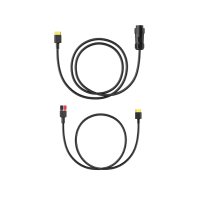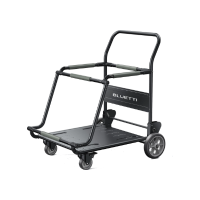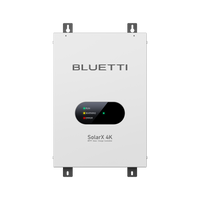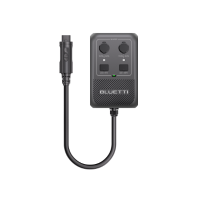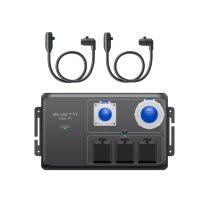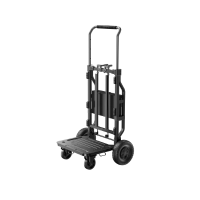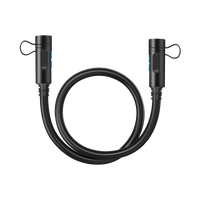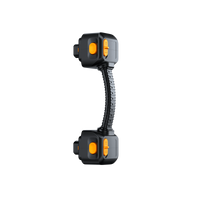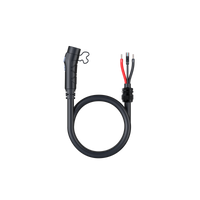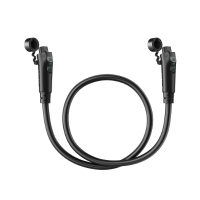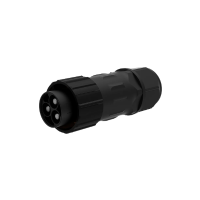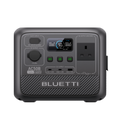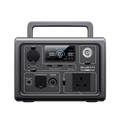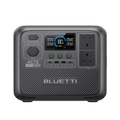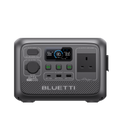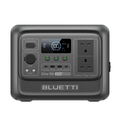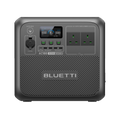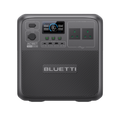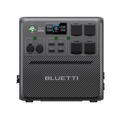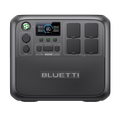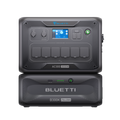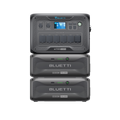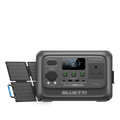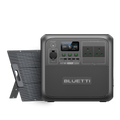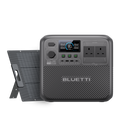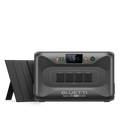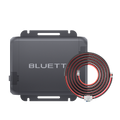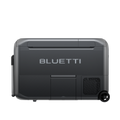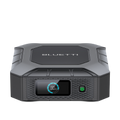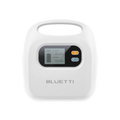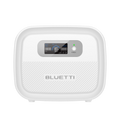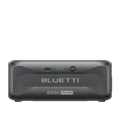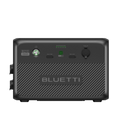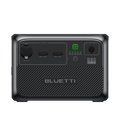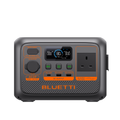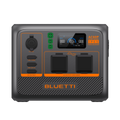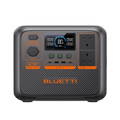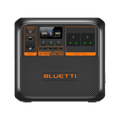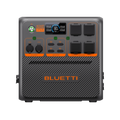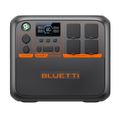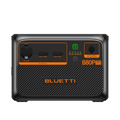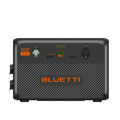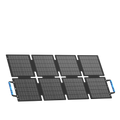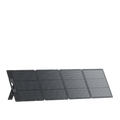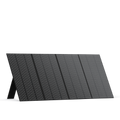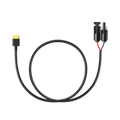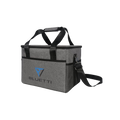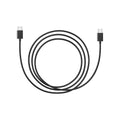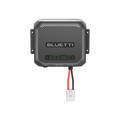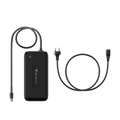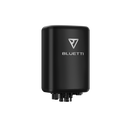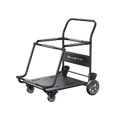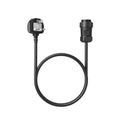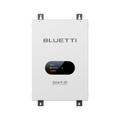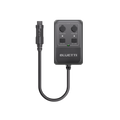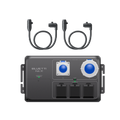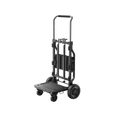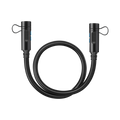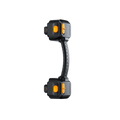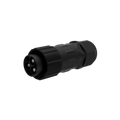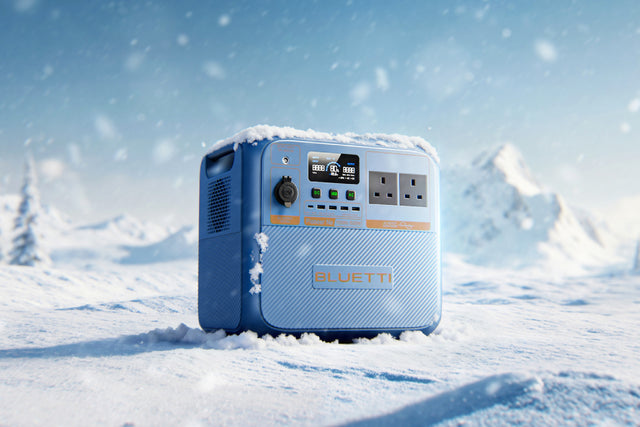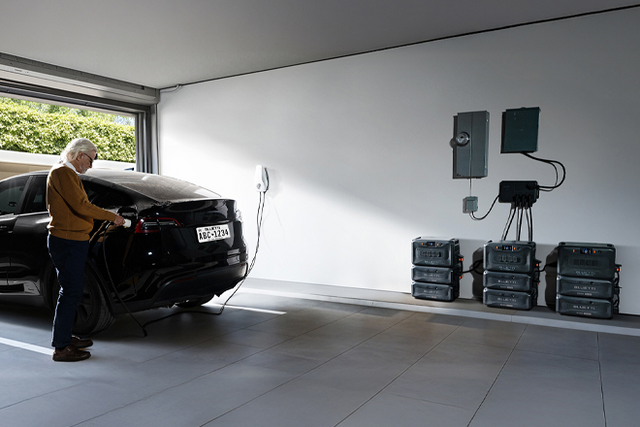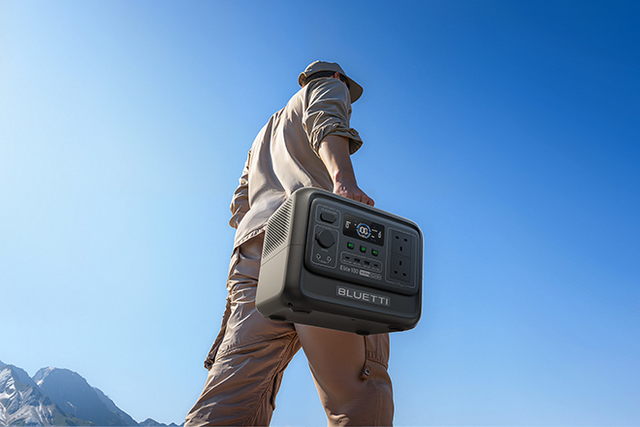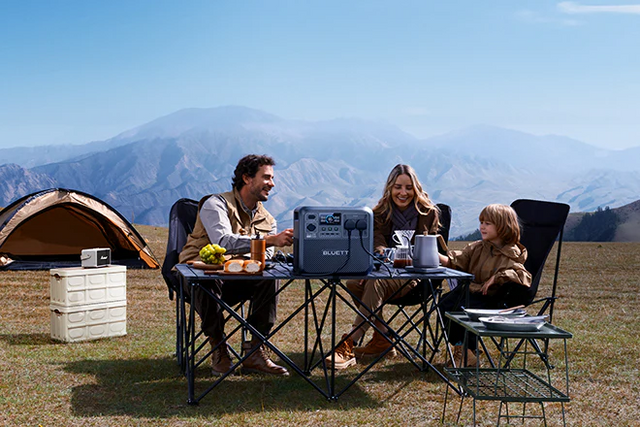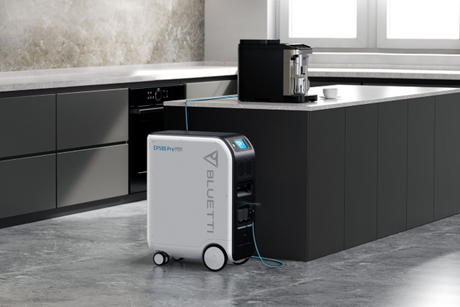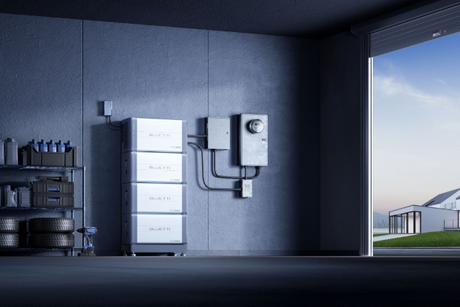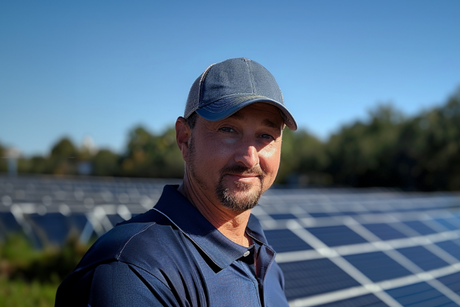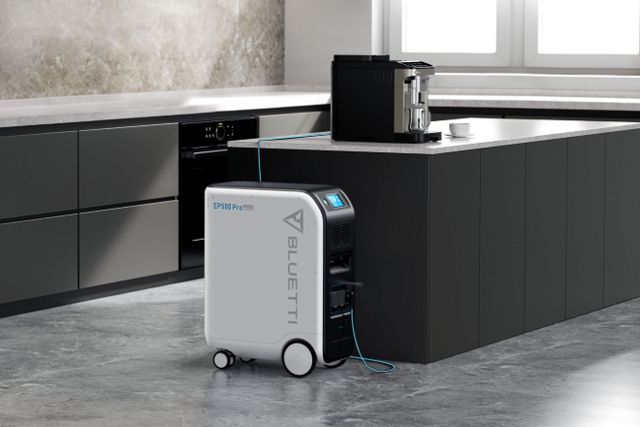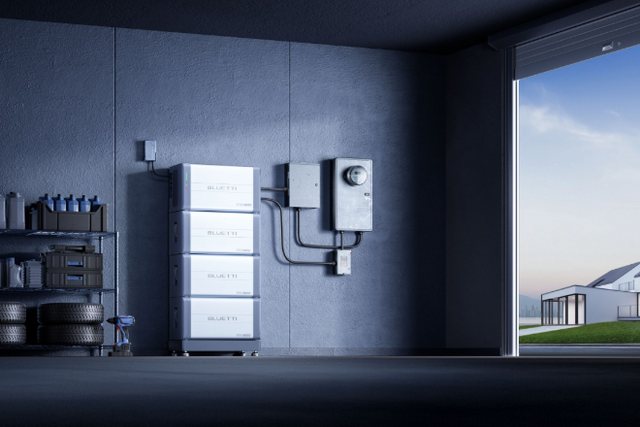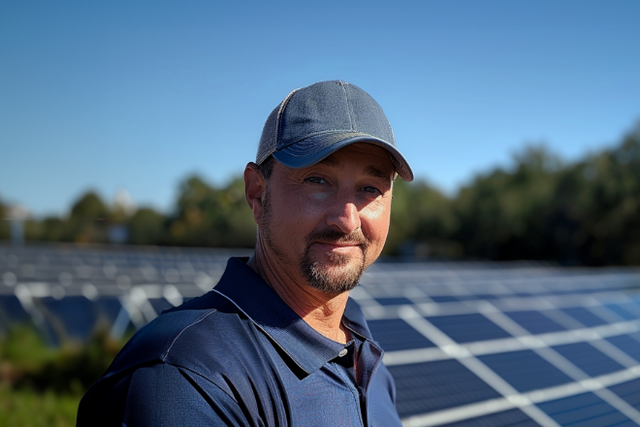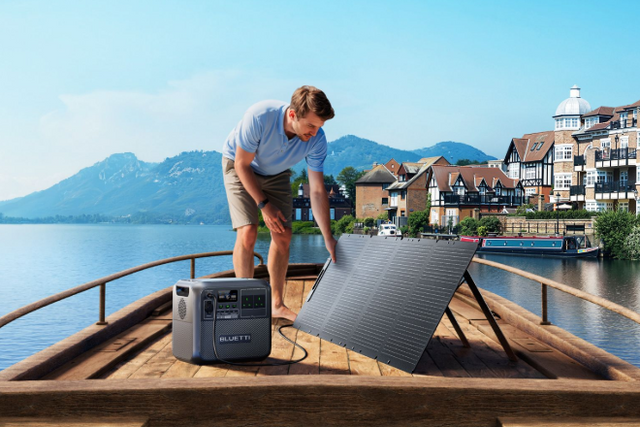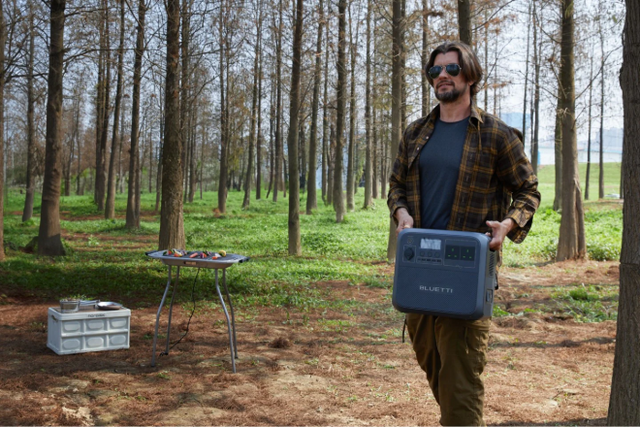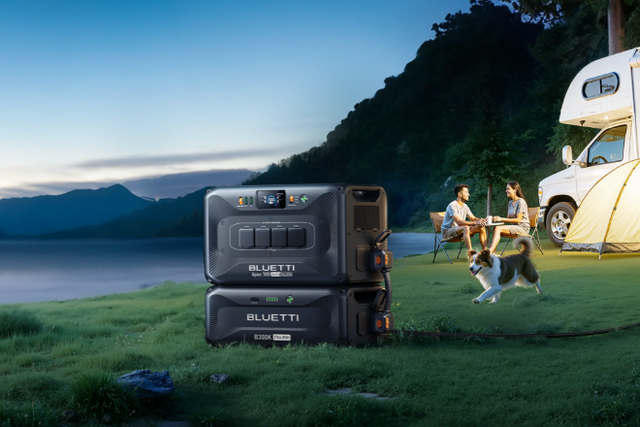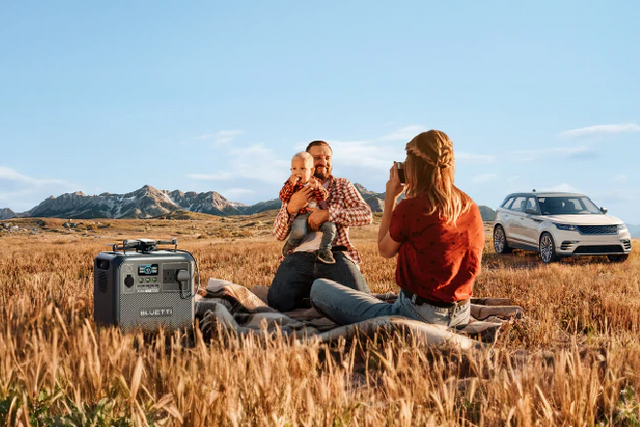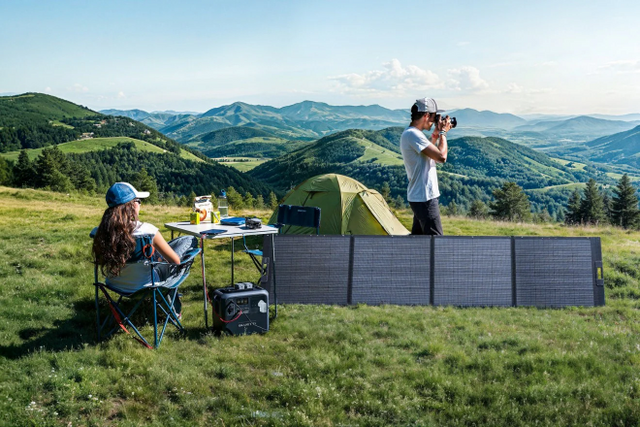Solar generators are a terrific way to have extra energy available, whether you need to keep your lights on when the power goes out or you want to charge your phone while you're camping. Choosing the right solar generator for camping is crucial if you want to have a stress-free trip to the great outdoors. It is also useful for longer camping trips since it can power all of your devices.
What Is the Difference Between Gas Generators and Solar Generators?
For many years people have turned to gas generators for convenience and availability. However, a gas generator was an excellent piece of gear to have until the general public began utilising solar technology.
Due to their compact size, they are simple to store and move. They are also straightforward to use, requiring simply to turn it on and the fuel supply to the generator. So all that is required to keep the generator running is to provide gasoline and oil.
The enormous power of a gas generator lies in fuel, which you can run out of. Additionally, it needs routine mechanical upkeep to assure its long-lasting usage, which may quickly get very expensive over time. Gas and diesel generators can produce noise pollution, which is an additional drawback.
On the other hand, solar generators have only recently become more widespread and consumer-affordable. The first advantage of a solar-powered generator for camping is that since it is used with a power input like a solar panel, a DC adaptor for vehicle applications, or an AC adaptor for wall outlets, no conventional fuel is needed to power it.
Solar generators for camping employ solar energy for everything you need while remaining silent and emitting no pollution, as opposed to having an engine that burns gasoline. In contrast to typical fuel-powered generators, solar-powered stations have a wide range of outputs, which is an additional advantage.
Read More: What is a Solar Generator? - Your Pre-Purchase Questions Answered
What Are the Main Components of Solar Generators for Camping?
To understand solar generators better you must learn about their components and how to use them. A solar generator might be compared to a huge battery that powers all the technological devices you would want to bring on your camping vacation.
However, a solar generator allows you to combine a large battery with a long lifecycle with a solar panel, extending your trip for however long you have the time. Power is no longer a concern whether travelling or being outside. Here are the main components found in every solar generator for camping:
Solar Panels
Solar energy systems are important for generating energy. Solar panels transform solar energy into electrical energy. However, that electricity is in the form of direct current.
Battery
The solar-powered generators begin storing the power generated by the solar panels once they are operating. Typically, lead-acid, lithium-ion, or nickel-cadmium solar batteries are used to store energy.
Charge Controller
By restricting the battery storage capacity, a charge controller ensures that the batteries are not overcharged. This helps your batteries last longer and function properly.
Inverter
The inverter transforms direct current into alternating current. Then, appliances are charged using this alternating current.

What Is the Cost of a Solar-Powered Generator for Camping?
The most common and convenient option for self-sufficient travel is solar power. No matter if you are on a weekend getaway or a longer trip across the country. The majority of campgrounds impose steep fees on you for using their power connection. A solar generator is the ideal camping alternative because it produces no emissions and has no running expenses.
The average cost of a solar generator is £2,000, however, prices can range from a few hundred pounds to over £5,000. The price will vary according to the size and capacity. When you go camping you have to consider what you need solar generators for first.
If you only need them to charge your phone or laptop, or to prepare a meal every day, you can be happy with the smaller ones. But if you are staying longer and need to power appliances like a mini fridge or a microwave you should get a larger one with better capacity.
Read More: Camping Solar Panels: What to Know Before Buying
Are Solar Generators Portable Enough for Your Needs?
The kit is fairly portable and is incorporated into one small box with all the attachments. Solar generators are simple to install and to operate a solar generator, you don't need any electrical knowledge or experience.
Before using it, you just need to plug the panels into the generator - that’s it! You can carry it with you when going camping, to the beach, or keep it in your house.
What Can a Solar Generator Power?
The majority of solar generators on the market have an hourly output of 900, 5,000, or even 10,000 watts. Higher-wattage solar power generator kits can provide reliable backup power for short-term crises such as power outages for no more than 24 hours.
However, if the power system malfunctions or a significant natural disaster strikes, the basic small and medium solar generators will not be able to supply enough electricity for longer-lasting power outages.
The backup solar generators can support essential household electronics in the case of a power outage or a break in the power grid connection. To check how many devices your generator can handle you should check its power. Here are the basic powers you can get:
- Small is from 10 to 250
- Medium is from 250 to 1,000
- Large is from 1,000 to 10,000
Advantages and Disadvantages of Solar Generators
You'll be happy to know that a solar generator for camping has several advantages if you're thinking about buying one.
- These generators don't require a lot of maintenance to run for a long time.
- A solar-powered generator is silent while running, in contrast to traditional generators that are somewhat noisy.
- There is no possibility of contamination because the power produced by these generators is not produced using fuel.
- The solar-powered generators are available at all times and in any location.
- There is no fee for recharging.
- A less carbon footprint will result.
Solar generators have several benefits, but they also have some drawbacks. Fortunately, the advantages exceed the drawbacks.
- A small number of solar-powered generators are heat-sensitive. Before making a purchase, carefully examine a model's temperature sensitivity.
- The cost of the solar generator may be significant when purchasing, even though you won't need to spend much on the upkeep and operation of the gadget.

What Qualities to Look For in a Solar Generator?
If you are purchasing a solar-powered generator for camping for the first time, you may lack experience and knowledge. We have prepared a list of things to take into account:
Capacity
The battery capacity of solar generators is a major factor to take into account when making a purchase. It would be preferable if you were certain that it satisfies your charging needs. The longer its durability, the greater the capacity. The battery's capacity would restrict the number of devices it could run and how long.
Brand Integrity
Conducting a brand survey before making a solar generator purchase is crucial. In the market, there are numerous solar manufacturers. Your buying decision would be guided by a market analysis. Consumer reviews are also accessible online. You can read reviews of BLUETTI here and here.
Power Requirements
The consumer's power needs are also significant. Some people merely require a portable solar power system to power their portable electronic devices and small home appliances. For these people, there are portable solar systems with minimal capacity available. To power high-power energy-consuming equipment, other people with high power needs would need to buy solar generators.
Charging Speed
The charging speed should be taken into account, as well. While some portable solar generators have incredibly long charging times, you should look for those that deliver quick charging. Keep an eye out for information on the charging speed when buying a solar generator. Charge periods for portable power stations vary depending on the brand.
Portability
When it comes to solar generators, portability is crucial. Moving solar generators from one place to another should be simple, especially when going camping or doing other outdoor activities. Nevertheless, portable solar generators remain the norm.
Are solar generators safe to use?
Since they don't burn fossil fuel, portable power stations are a safe option, especially if you're camping in the wilderness. They are safer to use inside a tent or RV to power lights and appliances than gas generators because they don’t produce hazardous fumes or noises.
However, you have to learn how to use them safely and properly by reading the instructions and doing the maintenance regularly. This will not only keep you safe but also keep your solar power stations last longer.
Solar Generators for Camping: Final Thoughts
Alternative methods of producing and storing your own electricity without concern for fuel prices or environmental effects include solar generators. The use of portable solar generators for camping is here to stay, and for good reason.
To find your ideal solar generator for camping, check out BLUETTI’s selection.
Shop products from this article
You May Also Like

BLUETTI Charger 2: Everything You Need to Know Before Buying
BLUETTI Charger 2 is an optimum solution for extended campers and travellers. Before buying, one must understand what it is made for, who can benefit from it and how to...

BLUETTI Black Friday 2025: Lowest Prices of the Year on Top Power Stations
BLUETTI Black Friday 2025 deals include new releases, exclusive bundles, tiered discounts, gifts, early bird pricing and much more on its top power solutions. Hurry up! Save more on portable,...

BLUETTI Black Friday 2025 Is Coming: Early Access, Lucky Draws & More Surprises Await!
BLUETTI Black Friday 2025 is around the corner! Are you excited to enjoy massive discounts, flash sales and free gifts from lucky draw and tiered savings? This is all under...


